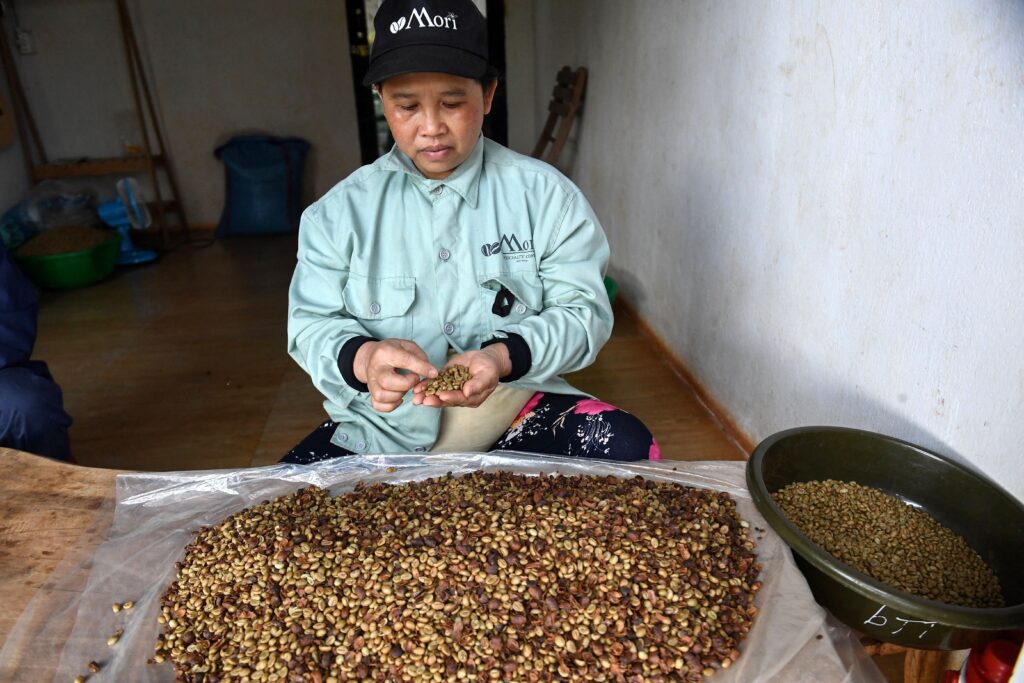- Robusta coffee futures hit a 16-year high because of a prolonged drought in Vietnam.
- Vietnam and Brazil, the top robusta producers, face climate issues affecting harvest and supply.
- Vietnamese farmers are also holding onto their beans, hoping to sell them for higher prices.
Lattes may get pricier, as a key indicator for the price of the bean in espresso just hit a record high.
The robusta coffee variety is the basis for both espresso and instant coffee. Vietnam makes the most robusta, followed by Brazil.
A long, El Niño-induced drought in Vietnam pushed up the price of robusta futures on Wednesday to the highest in at least 16 years, Bloomberg reported.
Vietnam produces more than a third of the world's robusta, per the US Department of Agriculture. In December, the agency predicted Brazil would harvest less robusta this year because of climate issues, while Vietnam would export less because of lower total supplies from last year. This year's drought in Vietnam could continue the low-supply cycle, hurting next year's production.
Last month, Vietnam's coffee association said exports could decline as much as 20% in the 12 months ending in September, compared with the same period last year.
"We can't tell when prices will peak," Tran Thi Lan Anh, deputy director of Vietnamese exporter Vinh Hiep Co., told Bloomberg. She said farmers and brokers think the cost of the beans could rise 15% per kilogram from current prices.
Robusta's price has also been pushed up by hoarding. Some Vietnamese farmers aren't selling their coffee beans, holding onto as much as 13% of this year's harvest in hopes of selling the beans for more later, Bloomberg reported.
Vietnam is increasingly importing cheaper robusta from Brazil to satisfy soaring local demand from coffee drinkers, Bloomberg reported in March.
And as disposable income rises across Asia, consumers are buying more coffee, too. Asian countries consumed 15% more coffee last year than in 2018 — the largest jump of any region — but still much less than Europe consumed, per data from the International Coffee Organization.
Higher bean prices will take a while to reach consumers — so the cost of your mocha is safe for now.

